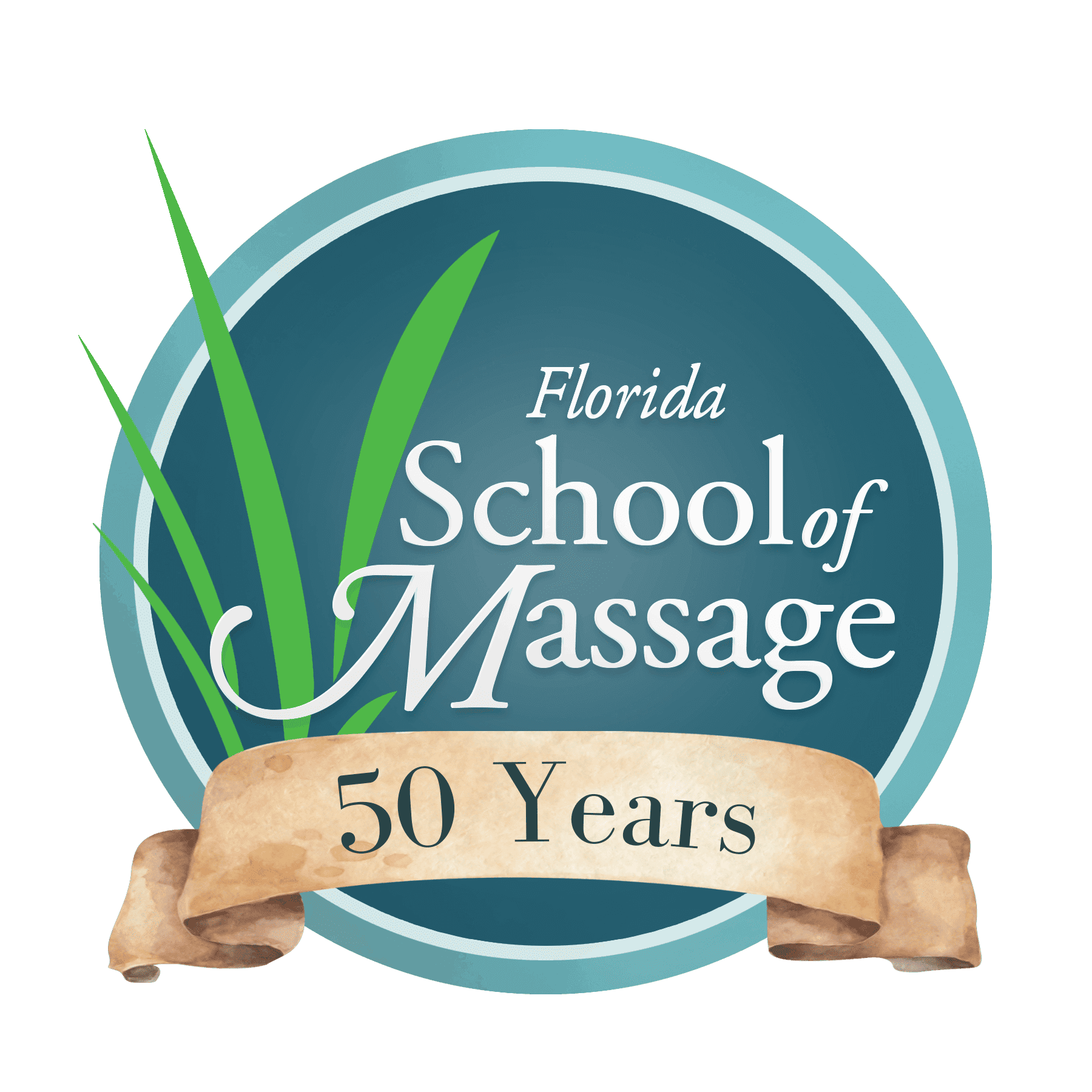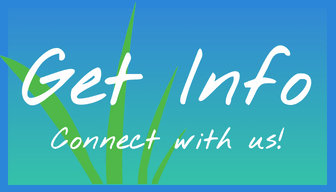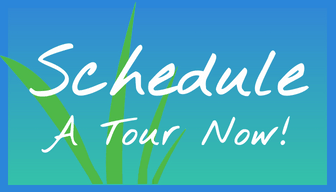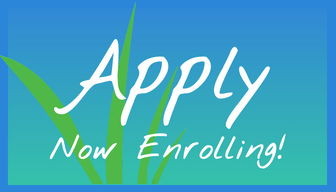by Frank Merillat
“Presence will get you through times of no technique, technique will not get you through times of no presence.”
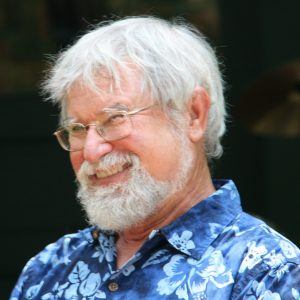
This is a quote from The Art of Specificity article I wrote for my teaching time in South Africa and is based on my experience as a massage therapist and human being. The act of being present allows us to be aware of our experience and to be an active participant in whatever we are doing. This to me is one of the most important things we offer to clients, to notice what is happening to us in our bodies and minds, so that we have the opportunity to make a choice.
Much of what we do is done automatically, it happens on the unconscious level. This allows us to move through our world without having to register all the stimulation that comes with each action we take. Imagine the amount of information that is moving through our nervous system with each movement we make. Multiple muscles, joints and bones having to coordinate to accomplish a task. If we had to pay specific attention to each element in the movement we would be overwhelmed. We work with this by learning patterns that allow us to complete a movement or task without really thinking about it. If we repeat an activity often enough it establishes a sensory-motor pathway that we can then use to accomplish what we want without thinking about it. We use this when we massage, we learn to use our hands and bodies in certain ways so they can offer the feeling to our clients that we want to share. This is a very useful tool for us,
I see our work as massage therapists to help our clients become aware of their body, give feeling clues and offer alternatives to the issues that brought the client to our table. It is our job to listen to the person, hear and feel their tissue and offer different possibilities. Clients come to us when they are hoping to experience a different feeling. They may report tightness, pain, numbness or maybe just a desire to relax. So how do we accomplish this?
We have learne
I use my hands to feel the client’s tissue, this gives me information that I can then use to offer the appropriate response to my client. To do this I must be aware of what I am feeling, I need to be present with my client. This presence and awareness
I explore areas of the body, inquiring as I go. I am listening and responding to what I feel and the client’s feedback. This inquiry is done through a series of questions I ask as I work. What is here? What would this area like? Would this direction be better or that? Would this depth be best or would, deeper or lighter be better? What does this connect with? Would movement or stillness be better? These are the types of inquiry I am using while I massage. Most of it is done without words, it is part of my internal process. I explore an area, listen to the tissue, am aware of tracking my client and inquire either verbally or non
The use of presence is a process. As
When we are present in the current moment, we are able to meet both ourselves and those around us more fully. We are now participants in our experience and better able to participate in our lives. We become more involved in our experience.
Here are a couple of workshops that are coming up that might allow you to explore the inquiry model. March 23rd – Getting Specific – Head and Neck
